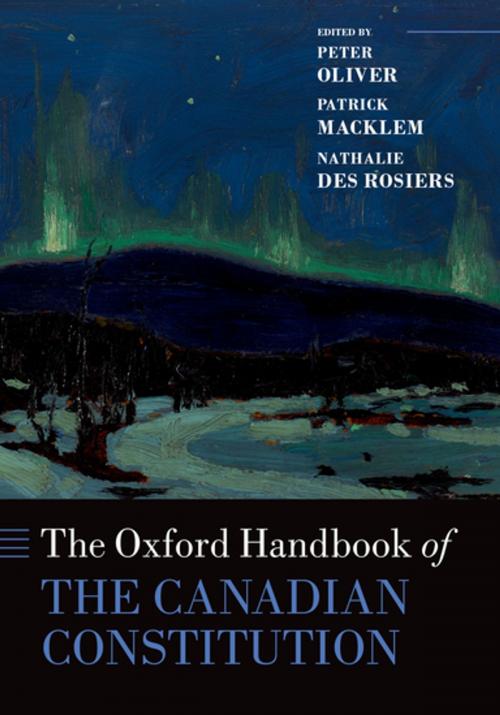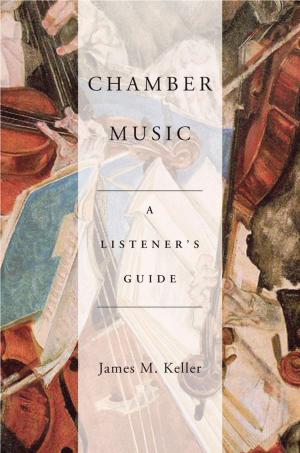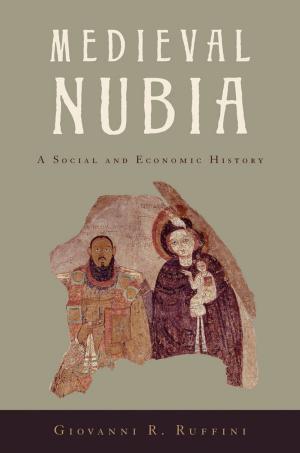The Oxford Handbook of the Canadian Constitution
Nonfiction, Reference & Language, Law, Comparative, Constitutional, Social & Cultural Studies, Political Science| Author: | ISBN: | 9780190664831 | |
| Publisher: | Oxford University Press | Publication: | August 10, 2017 |
| Imprint: | Oxford University Press | Language: | English |
| Author: | |
| ISBN: | 9780190664831 |
| Publisher: | Oxford University Press |
| Publication: | August 10, 2017 |
| Imprint: | Oxford University Press |
| Language: | English |
The Oxford Handbook of the Canadian Constitution provides an ideal first stop for Canadians and non-Canadians seeking a clear, concise, and authoritative account of Canadian constitutional law. The Handbook is divided into six parts: Constitutional History, Institutions and Constitutional Change, Aboriginal Peoples and the Canadian Constitution, Federalism, Rights and Freedoms, and Constitutional Theory. Readers of this Handbook will discover some of the distinctive features of the Canadian constitution: for example, the importance of Indigenous peoples and legal systems, the long-standing presence of a French-speaking population, French civil law and Quebec, the British constitutional heritage, the choice of federalism, as well as the newer features, most notably the Canadian Charter of Rights and Freedoms, Section Thirty-Five regarding Aboriginal rights and treaties, and the procedures for constitutional amendment. The Handbook provides a remarkable resource for comparativists at a time when the Canadian constitution is a frequent topic of constitutional commentary. The Handbook offers a vital account of constitutional challenges and opportunities at the time of the 150th anniversary of Confederation.
The Oxford Handbook of the Canadian Constitution provides an ideal first stop for Canadians and non-Canadians seeking a clear, concise, and authoritative account of Canadian constitutional law. The Handbook is divided into six parts: Constitutional History, Institutions and Constitutional Change, Aboriginal Peoples and the Canadian Constitution, Federalism, Rights and Freedoms, and Constitutional Theory. Readers of this Handbook will discover some of the distinctive features of the Canadian constitution: for example, the importance of Indigenous peoples and legal systems, the long-standing presence of a French-speaking population, French civil law and Quebec, the British constitutional heritage, the choice of federalism, as well as the newer features, most notably the Canadian Charter of Rights and Freedoms, Section Thirty-Five regarding Aboriginal rights and treaties, and the procedures for constitutional amendment. The Handbook provides a remarkable resource for comparativists at a time when the Canadian constitution is a frequent topic of constitutional commentary. The Handbook offers a vital account of constitutional challenges and opportunities at the time of the 150th anniversary of Confederation.















